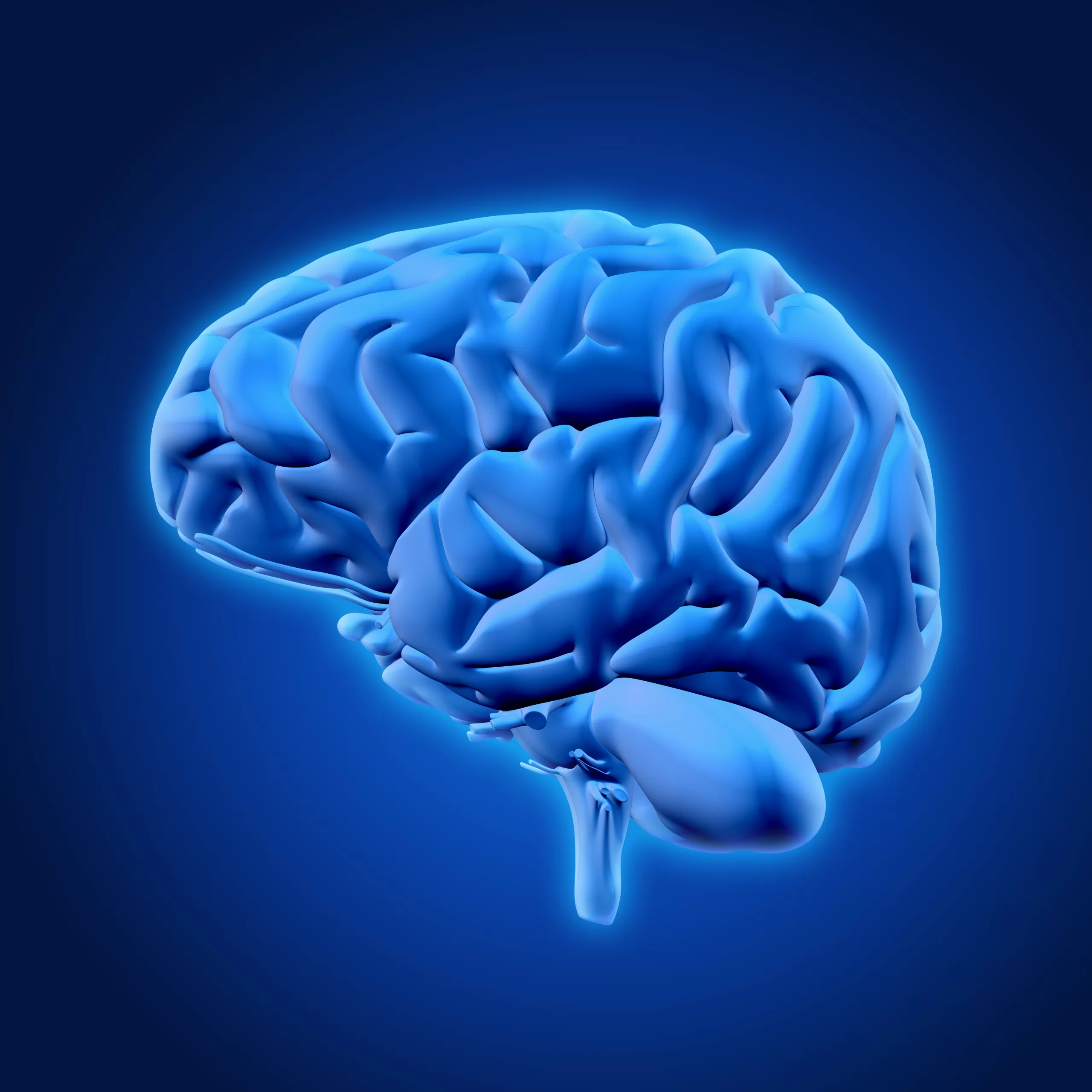What is Pediatric Stroke? Pediatric stroke occurs when blood flow to a part of the brain is disrupted, either due to a blockage (ischemic stroke) or bleeding (hemorrhagic stroke). This can happen before birth (perinatal stroke), during infancy, or in childhood. Pediatric stroke signs & symptoms In Newborns (Neonatal Stroke) Seizures: Often the only symptom, […]
Causes of Head Injuries: Head injuries can occur due to various reasons, including falls, sports-related accidents, vehicular collisions, assaults, and occupational hazards. These incidents can lead to trauma to the head, ranging from mild to severe, depending on the force and impact involved. Types of Head Injuries: Concussions: Often referred to as mild traumatic brain […]
Traumatic brain injury (TBI) when moderate to severe, may often require emergency surgery, blood transfusion and prompt treatment of complications. Up to 40% of head injury patients are in the age group of 21-45 years. With immediate and optimal neurocritical care facilities, favourable outcomes such as improved survival rates and reduced disability can be achieved. […]
Epilepsy surgery or what is commonly called brain surgery, is one of the available modalities for treating epilepsy, where the area of the brain that causes seizures is removed. This is primarily reserved for epilepsy that is poorly controlled by medication, also called drug refractory epilepsy. The first choice for the treatment of epilepsy always […]
The skull base is a complex area crowded with crucial structures such as the base of the brain, spinal cord and critical blood vessels and nerves which enter and exit the brain. Many clinical conditions affecting this area (mostly tumors and life-threatening infections) are often difficult to access and treat. Open surgeries in this area often […]





